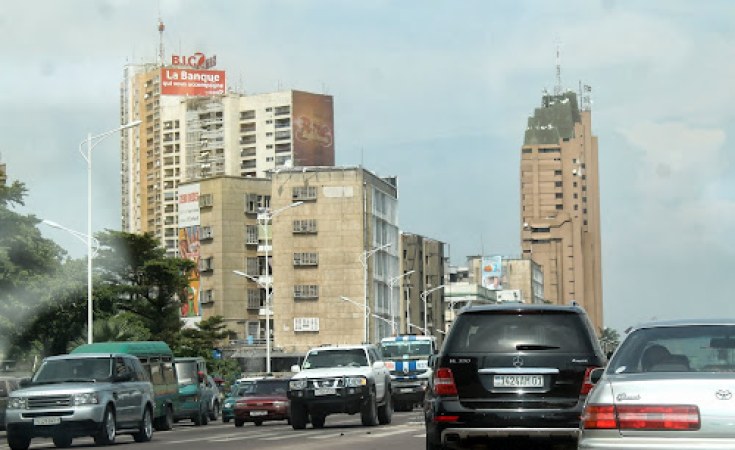Nairobi — The Prime Minister of the Democratic Republic of Congo (DRC), Jean-Michel Sama Lukonde has resigned from his position after three years at the helm.
Lukonde, 46, handed his official resignation to President Félix Tshisekedi on Tuesday, the DRC Presidency said.
His resignation comes after the validation of his mandate to serve as the National Deputy representing Kasenga Constituency.
"He had been at the head of the government since February 15, 2021, at the end of the national consultations that the Head of State had initiated in November 2020," the DRC Presidency said.
Lukonde was appointed head of government following the collapse of the coalition between ex-President Joseph Kabila and Tshisekedi.
His exit came just over a week after the DRC Constitutional Court declared the incompatibility of government and legislative functions, directing ministers, provincial governors, and members of political cabinets who are also elected in legislative elections to resign from their political positions unless they give up their electoral mandate.
The DRC presidency was silent on whether the move was informed by the February 8 Constitutional Court decision.
Under DRC's Constitution last amended in 2011, the Prime Minister shares the leadership of the executive branch of government with the President.
Article 78 of the DRC Constitution dictates that the President of the Republic appoints the Prime Minister from within the parliamentary majority after consultations.
The role of the Prime Minister includes advising the president on executive tasks, ensuring the execution of laws, and regulatory powers.
Lukonde's resignation comes at a time when the Congolese army is currently battling the M23 rebels, who have continued to wreak havoc in the Eastern DRC amid calls for the cessation of hostilities.
DRC-Rwanda tension
Rwanda's involvement in the ongoing conflict has also been brought into focus, with the United States and the European Union calling for a de-escalation.
On February 18, Rwanda, however, demanded the demobilisation and repatriation of the DRC-backed Democratic Forces for the Liberation of Rwanda (FDLR) rebel group as a condition to de-escalate a simmering conflict with Kinshasa.
Kigali made the demand after the United States called on Rwanda to immediately withdraw its troops from the DRC and remove its surface-to-air missile systems, citing concerns over civilian safety and commercial flight operations in eastern DRC.
President Paul Kagame maintained that he will not back down, emphasizing that DRC support for FDLR "is a matter of state policy, not the choice of individual actors."
"Ending Congolese state support for FDLR, and ensuring their demobilization and repatriation to Rwanda, is a non-negotiable requirement to protect Rwanda's territorial integrity and guarantee the preservation of our hard-won national unity for future generations," he said, asserting that Rwanda reserves the right to take any legitimate measures to defend itself so long as the threat exists.
Kagame has been strengthening his military position on the border with DRC amid mounting tension with President Felix Tshisekedi's regime.
He has accused the DRC of collaborating with FDLR to expel M23 rebels and Congolese Tutsi civilians into neighboring countries, exacerbating regional instability.
About The Author
Bruhan Makong is a dedicated journalist who reports on crime, human rights and global affairs. He is passionate about uncovering the truth, amplifying the voices often drowned in silence and holding those in power to account.


